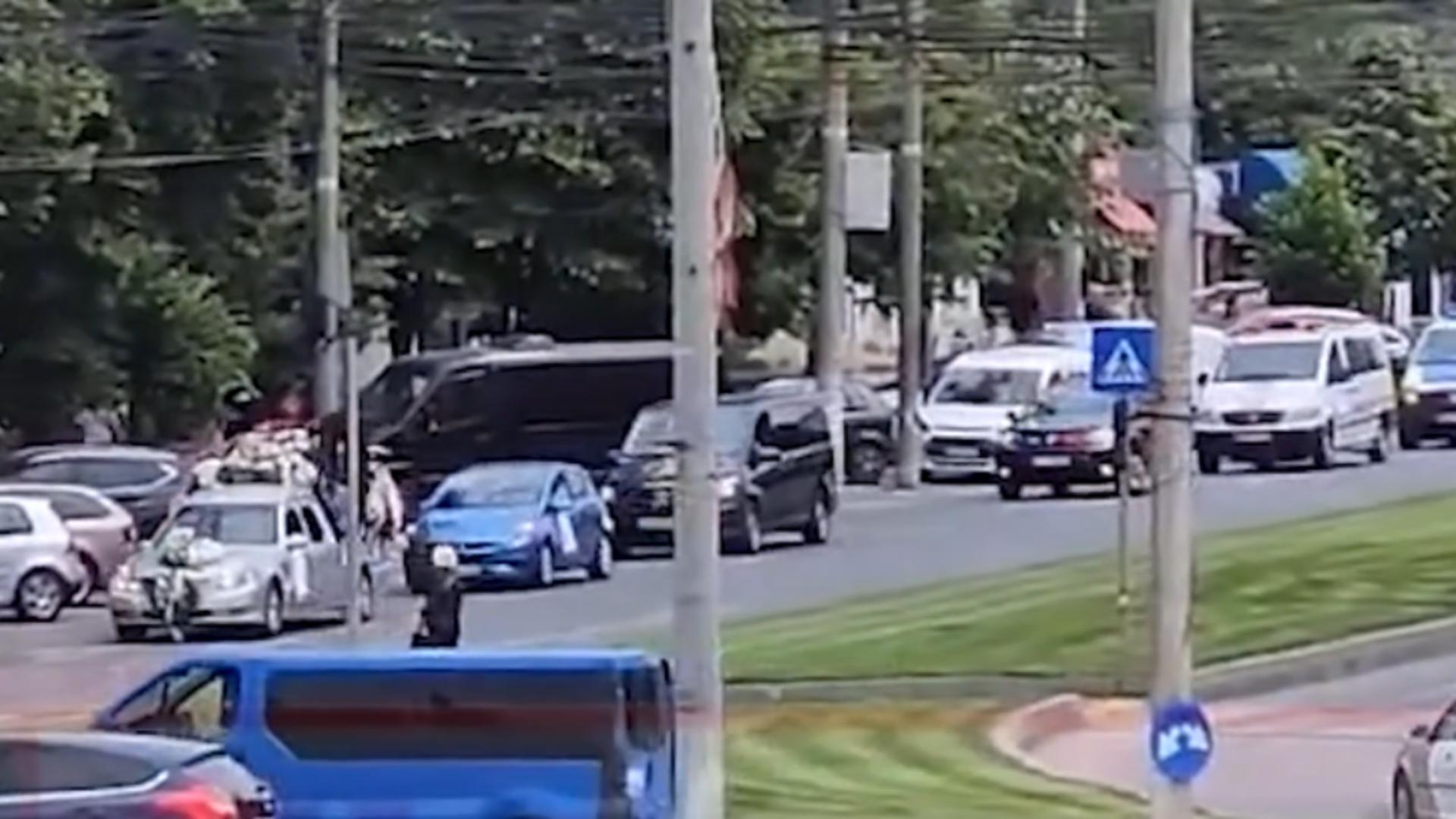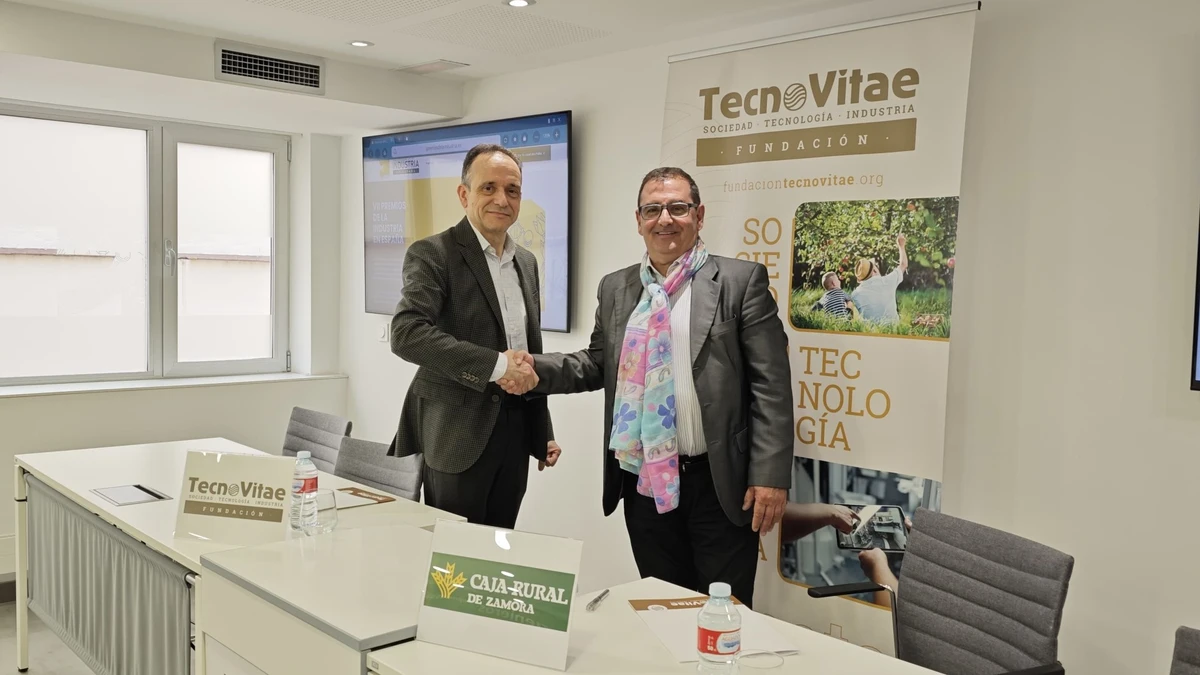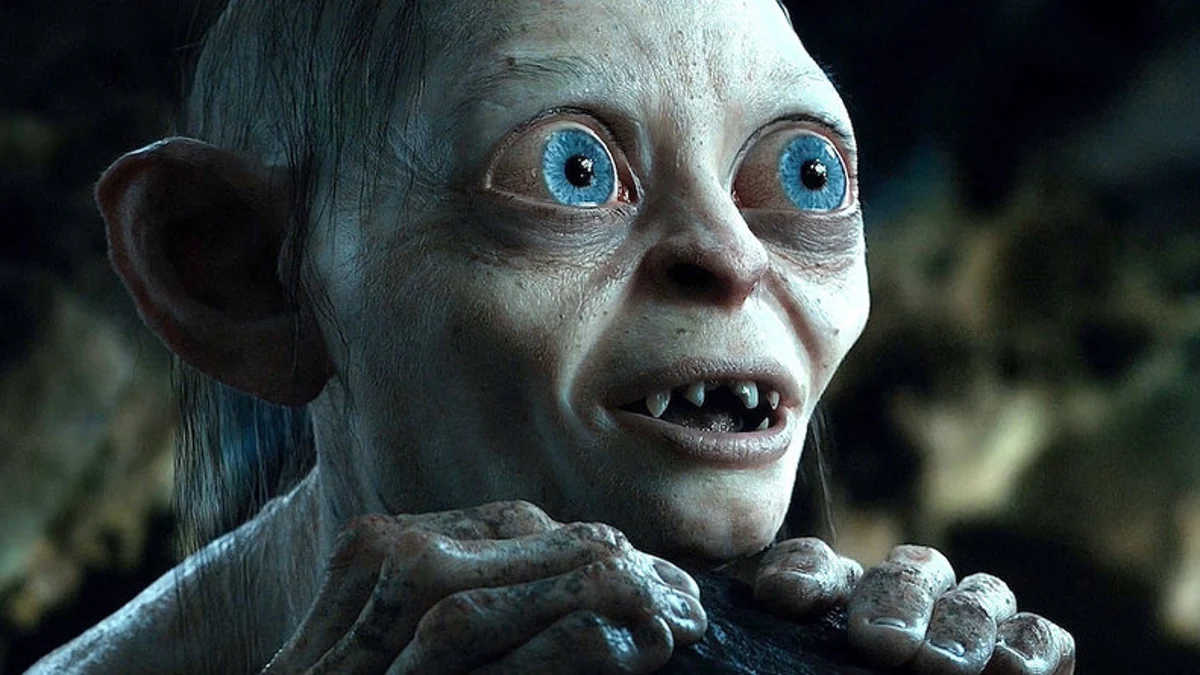After a Chicago Symphony rehearsal on Wednesday, a violinist strode towards me and two CSO representatives as we chatted in the aisle. She had something to say to the press, she declared.
She had been in the orchestra since Sir Georg Solti’s storied tenure, from 1969 to 1991. Some conductors, she said, made musicians feel like they were “walking on eggshells.” Their ends might have been masterful, but their means? Controlling, fussy.
But — she pointed towards a door at the side of the stage, through which a slender young man had slipped several minutes before — “not with this boy.”
“I feel free,” she told us.
That “boy,” 28-year-old Klaus Mäkelä (pronounced MACK-ah-lah), will succeed Riccardo Muti as the CSO’s 11th music director in 2027, news the orchestra made official earlier this week. Mäkelä appeared with the CSO just twice before his appointment. But his debut appearance — an inspired “Firebird” in 2022 — was enough to convince the CSO that Mäkelä was an unmissable talent.
Even so, one understands CSO musicians’ impulse to defend their wunderkind maestro to the media. Local enthusiasm for Mäkelä’s hire has been tempered by prominent skeptics who worry “Mäkelä-mania” — in the words of New Yorker music critic Alex Ross — has hypnotized the organization into sharing its podium chief with Amsterdam’s Royal Concertgebouw Orchestra, also considered one of the world’s finest.
Those torpedoes swerve around Mäkelä’s insistence that he will more or less give up guest conducting in 2027, which would make his twin appointments — while remarkable — entirely possible. They also overlook Mäkelä’s approval rating among musicians: preternaturally high, according to representatives from the music director search committee.
Then, there’s the music. If Thursday’s CSO concert alone foretells Mäkelä’s future with the institution, the orchestra made the right choice. Not an uncomplicated one, but the right one.
Such a complication thwacked the CSO last week when pianist Yuja Wang, one of classical music’s most incandescent stars, abruptly pulled from these concerts. (She did not provide a reason, but the fact that she and Mäkelä were, until recently, in a high-profile relationship may have something to do with it.) As a last-minute substitution, cellist Sol Gabetta, already appearing with Mäkelä in Cleveland Orchestra concerts next week, sailed in on Shostakovich’s Cello Concerto No. 1.
Talk about a trial by fire. Not only was Gabetta making her CSO debut on these programs, but Orchestra Hall is a vexed host for low-string concertos. Soloists are fitfully heard from non-floor seats, and those who can project over the orchestra often do so by overplaying.
New Chicago Symphony Orchestra music director designate Klaus Mäkelä conducts the CSO and cello soloist Sol Gabetta at Symphony Center on April 4, 2024. (Chris Sweda/Chicago Tribune)
But nail-nibbling circumstances turned out the most expertly balanced low-string concerto in the CSO’s post-COVID seasons. Gabetta’s instrument has a dark-hued mildness, but she wields it with a gymnast’s lithe muscularity. It’s tempting to grab this concerto with a clenched fist, all squeezy fortissimos and angry intensity. Gabetta was more interested in the finer points — how to vary the obsessive four-note motif that cinches the entire work, when to back off vibrato for haunting straight tones in the second movement, and whether, with this hall and audience, she could play as softly as she dared in her third-movement cadenza. (She could.)
The CSO’s ensemble voices sprung up in spirited dialogue — the bassoon’s taunting interruptions, a bagpipey clarinet drone in the last movement. Emphatic but never domineering, Mäkelä brokered something richer than the usual soloist–accompaniment relationship.
After the Shostakovich, many cellists would be content to toss off a bonbon encore, if they give one at all. Not Gabetta. She played the second movement from Peteris Vasks’s “Grāmata čellam” (“The Book,” in Latvian), an ethereal essay that begins with gossamer string effects and, at its apex, has the soloist sing in harmony with their cello. (Yes, really.)
Mäkelä listened raptly from the side of the stage, sitting on stairs behind the last-stand violins. That approachable casualness, at the outset, separates him by leagues from his predecessor, Muti.
But in Mäkelä’s CSO appearances, musical parallels between the two conductors have emerged, despite their generational gulf. Like Muti, Mäkelä is no interpretive radical, at least from a satellite view. His secret is in the stitching: orchestrational details, contours, colors that are lavished upon without dawdling.
New Chicago Symphony Orchestra music director designate Klaus Mäkelä conducts the CSO at Symphony Center on April 4, 2024. (Chris Sweda/Chicago Tribune)
Mäkelä’s account of Shostakovich’s 10th Symphony reaffirmed that impression. The Soviet composer has become a central part of Mäkelä’s diet as he continues to record a Shostakovich cycle with the Oslo Philharmonic. (One wonders: with what time?) That attention is plain in Mäkelä’s deft transitions, communicated through enunciated, detailed gestures the orchestra already reads with uncanny precision. And while not radical, his 10th has plenty of idiosyncrasies: a blastoff crescendo in the third movement’s boisterous trio theme, a refusal to slow into the fourth movement’s cello lament, as so many interpreters do (though Shostakovich himself did not write it).
Mäkelä is on the more exuberant side of conductors on the circuit today. He’s bouncy on the podium, and others have noted his adoption of the behind-the-head baton windup, an Esa-Pekka Salonen signature. But for a symphony easily served as an adrenaline fix, Mäkelä gave the impression, as he had in last year’s Mahler, that he kept an eye trained on Shostakovich’s bigger picture.
To do so and still lead with pliancy, as Mäkelä does, is a gift, full stop. The second movement was a feat of controlled ferocity, whirling into a glittering cutoff. In the fourth, a scampering violin entrance didn’t rush, but it threatened to. Where other conductors may beat harder to wrest control, Mäkelä just pointed to the trumpets, reliably playing offbeats: Listen to them, and you won’t rush. And they didn’t.
In another point of common ground, Mäkelä and Muti’s tastes in contemporary music — to which Mäkelä is distinctly friendlier, having featured new work on every Chicago program thus far — are deeply indebted to classical tradition and form. One heard that potently in Sauli Zinovjev’s “Batteria” (2016), receiving its U.S. premiere with these performances.
New Chicago Symphony Orchestra music director designate Klaus Mäkelä takes a bow in front of the CSO at Symphony Center on April 4, 2024. (Chris Sweda/Chicago Tribune)
Mäkelä has conducted Zinovjev’s music for most of his professional career, piloting the fellow Finn’s “Un Grande Sospiro” in 2019 and “Wiegenlied” in 2020. Though he didn’t premiere “Batteria,” Mäkelä has made the tolling, gradually quickening parade of orchestral color part of his repertoire.
The Mäkelä-CSO unit played the 10-minute opener with palpable zeal. That’s not always the case when this orchestra is faced with an unfamiliar score, but it helps that Zinovjev’s piece is engaging and well-wrought. Esa-Pekka Salonen acolytes will find happy resonances in Zinovjev’s treatment of the orchestra, especially its modal woodwind chirrups and industrious moto perpetuo strings.
When Mäkelä took the stage for “Batteria,” a brimming Orchestra Hall stood to greet its next music director with combustible cheers. It would have a chance to give Mäkelä a proper standing ovation later — some five minutes of uninterrupted applause — after the Shostakovich symphony.
But to start, Mäkelä only offered one quick bow, then turned to face the orchestra. It was time to get on with the music-making — music that was galvanizing, joyous and exhilarating. And, yes, free.
“Klaus Mäkela & Sol Gabetta” continues 7:30 p.m. April 5 and 6 at Symphony Center, 220 S. Michigan Ave.; tickets $65-$399 at cso.org
Hannah Edgar is a freelance critic.
The Rubin Institute for Music Criticism helps fund our classical music coverage. The Chicago Tribune maintains editorial control over assignments and content.



_6c1e95575f.jpg)

